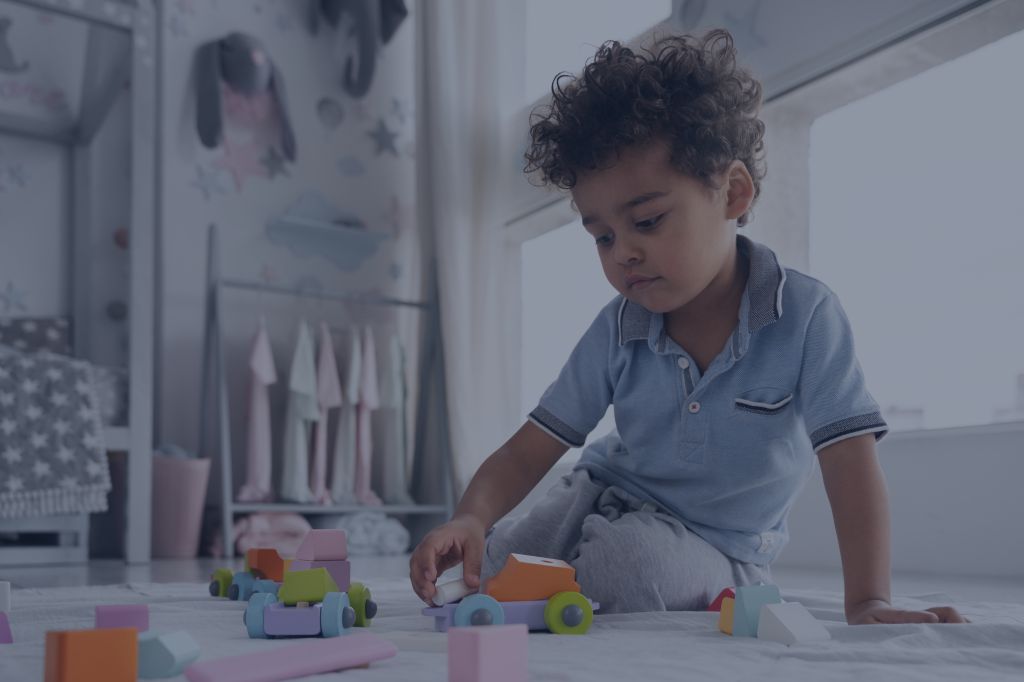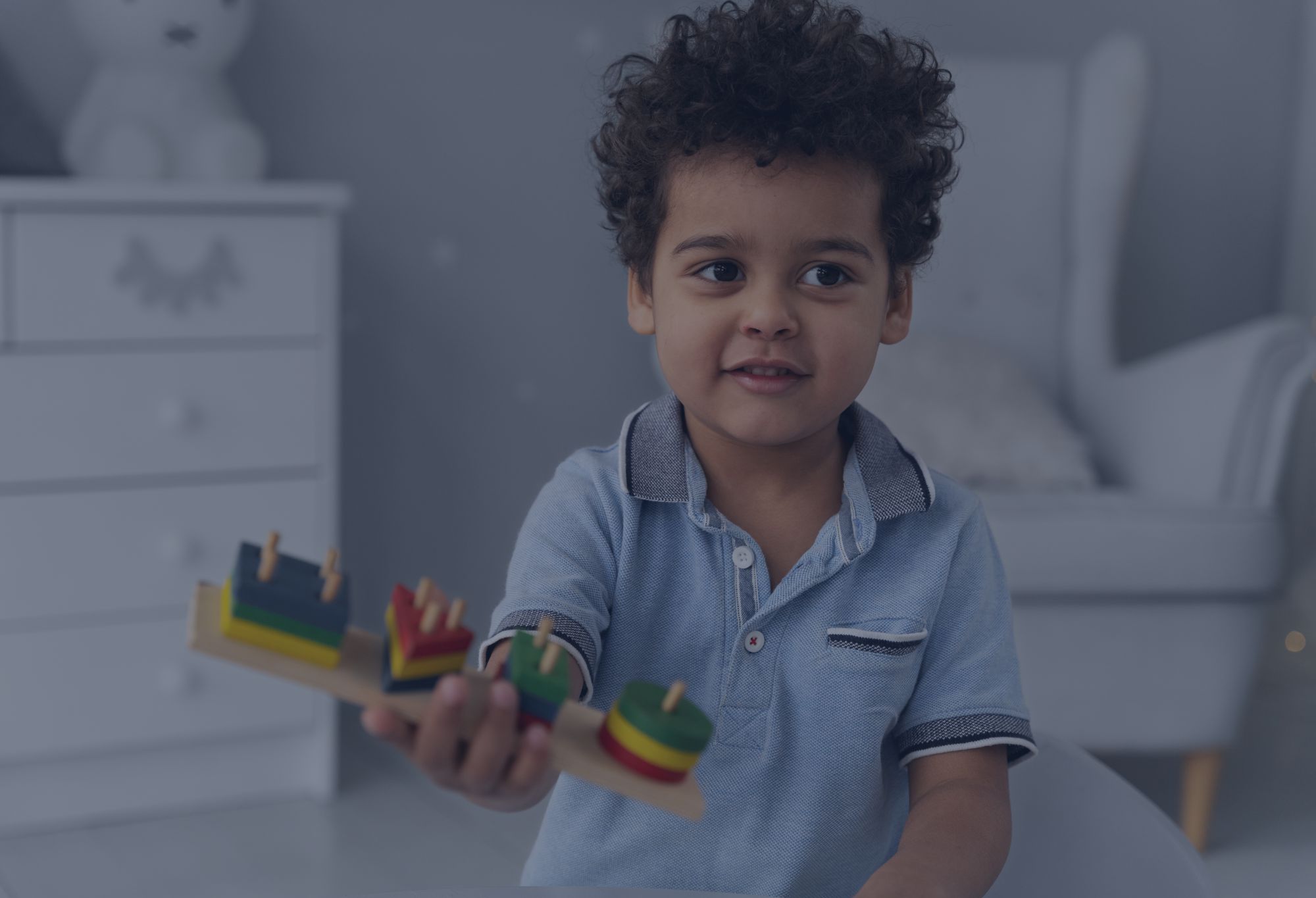Toys play a crucial role in the growth and development of children. They not only entertain but also help foster creativity, cognitive skills, social-emotional learning, and physical coordination. At Aikya World School, we believe in making mindful decisions when it comes to choosing toys for children. The right toy can have a lasting positive impact on a child’s development, while the wrong one may not serve its purpose effectively.
Here are some important factors to consider when buying a toy for a child:
- Age Appropriateness
One of the most important aspects of selecting a toy is ensuring it is suitable for the child’s age. Toys designed for younger children may have smaller parts that pose a choking hazard, while older kids may benefit from more complex toys that challenge their skills.
- Infants (0-1 years): Soft toys, teething rings, rattles, and toys that stimulate the senses (bright colors, sounds, textures).
- Toddlers (1-3 years): Interactive toys, stacking toys, building blocks, and simple puzzles that promote fine motor skills.
- Preschoolers (3-5 years): Creative toys like art supplies, dolls, action figures, and pretend-play sets to encourage imagination.
- School-age children (6+ years): Toys that foster problem-solving, critical thinking, and physical activity like board games, science kits, and sports equipment.
- Educational Value
Toys should ideally encourage learning and development. Look for toys that stimulate curiosity and help children learn new concepts. A toy with educational value can help children understand numbers, letters, shapes, and colors or develop critical thinking and motor skills.
- STEM Toys: Science, Technology, Engineering, and Mathematics (STEM) toys are a great way to introduce kids to basic principles of these fields.
- Puzzles & Brain Teasers: These help improve problem-solving, memory, and logical reasoning.
- Creative Arts: Drawing, painting, and crafting kits promote artistic expression and fine motor skills.
- Safety First
Safety is paramount when choosing a toy. Check for age-appropriate labels and certifications. Always read the packaging for warnings, especially when purchasing toys for infants or toddlers. Toys should be made from non-toxic materials, have no sharp edges, and should be durable enough to withstand rough play.
- Materials: Opt for toys made from safe, non-toxic, and eco-friendly materials. Look for certifications such as BPA-free plastics, lead-free paint, and organic fabrics.
- Size: Avoid toys with small parts for younger children to prevent choking hazards.
- Durability: Choose sturdy toys that can handle the wear and tear of daily play.
- Encourages Active Play
Physical activity is crucial for children’s development, so choosing toys that promote movement and coordination is important. Whether it’s jumping, running, throwing, or climbing, toys that encourage physical activity help improve muscle strength, balance, and overall health.
- Outdoor Toys: Sports equipment, bicycles, jump ropes, and scooters promote outdoor play and physical fitness.
- Indoor Active Play: Consider toys like hopscotch mats, balance boards, or mini-trampolines that can be used indoors, especially in colder climates or rainy seasons.
- Sustainability and Eco-Friendliness
As we become more conscious of our environmental impact, choosing toys that are environmentally friendly is a great option. Many brands now offer sustainable toys made from recycled materials, organic fabrics, or biodegradable plastics.
- Wooden Toys: These are often made from natural materials and are more durable and eco-friendly than plastic alternatives.
- Recycled Materials: Look for toys that are made from recycled or repurposed materials, which help reduce the overall waste in landfills.
- Packaging: Choose toys that come in minimal or recyclable packaging to reduce waste.

- Promotes Social Skills and Teamwork
Toys that encourage group play or interaction help children develop essential social skills. Board games, card games, and cooperative toys allow children to practice sharing, turn-taking, and teamwork. These experiences can build empathy, communication skills, and the ability to collaborate with peers.
- Board Games: Games like Monopoly, Scrabble, or UNO help children understand rules, fair play, and how to handle winning and losing.
- Role-Playing Toys: Dolls, action figures, and playhouses encourage imaginative play, helping children develop empathy and communication skills by pretending to be different characters.
- Stimulation of Creativity
Creative play is vital for a child’s development. Toys that allow children to use their imagination and build something new help to foster creativity and independent thinking. Art supplies, building blocks, musical instruments, and construction toys are all excellent choices for stimulating the creative mind.
- Building Sets: Toys like LEGO or wooden blocks help children with spatial awareness, problem-solving, and creative construction.
- Musical Instruments: Simple instruments like tambourines, xylophones, or drums encourage rhythm and a love for music.
- Versatility
Consider toys that can grow with the child or serve multiple purposes. A versatile toy will keep a child engaged for a longer period, offering new challenges and opportunities for creativity as the child grows older.
- Convertible Toys: Items like convertible playsets, modular building kits, or adjustable toys that can be used in different ways as the child matures.
- Multi-Functional Toys: Toys like art tables that can be used for drawing, painting, or building offer a range of creative opportunities.
- Quality over Quantity
While it can be tempting to buy many toys, it’s often better to choose fewer, high-quality items that are more durable and engaging. Children tend to appreciate well-made toys that provide a more enriching play experience rather than being overwhelmed by too many options.
- Consider the Child’s Interests
Lastly, it’s important to consider the child’s individual preferences and interests. If a child loves animals, choose toys related to animals, such as stuffed animals, figurines, or animal-themed puzzles. If they’re fascinated by space or vehicles, consider space-themed playsets or toy cars. By aligning the toy with the child’s interests, you increase the chances of the toy engaging them and providing meaningful play.
Conclusion
At Aikya World School, we understand the importance of thoughtful and purposeful toy selection in fostering a child’s learning and development. Whether you are a parent, educator, or caregiver, keeping the above factors in mind will help you choose toys that are not only fun but also contribute to a child’s overall growth. By prioritizing safety, educational value, and creativity, you are investing in a child’s future success and well-being.

